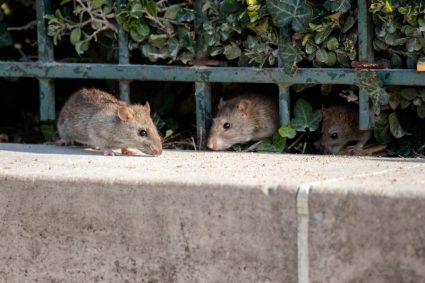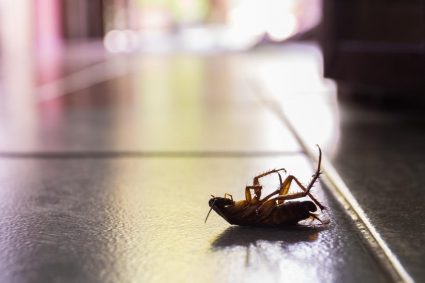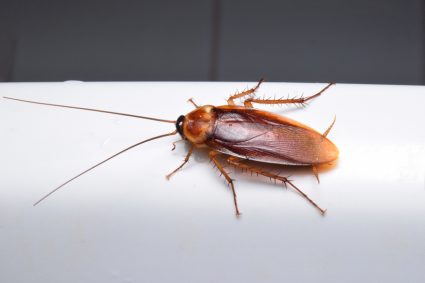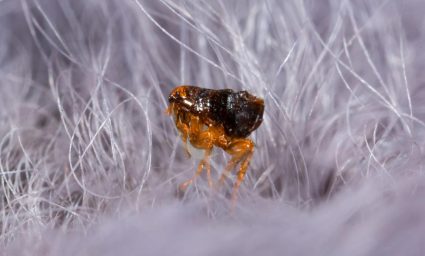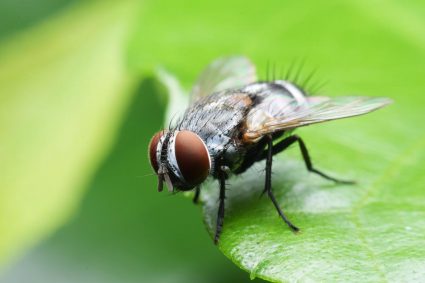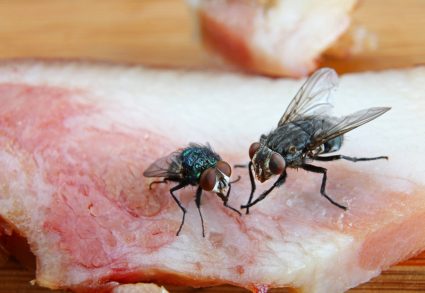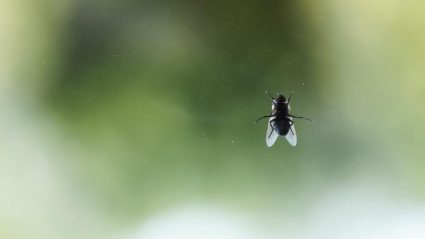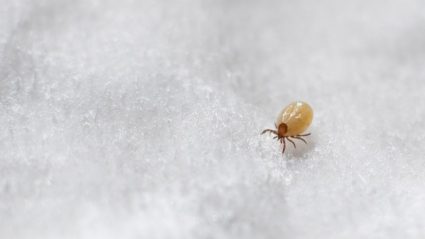
Peppermint oil is a popular choice for ant control due to its natural properties and pleasant scent. But how effective is it really and how long does it continue to repel ants? Let’s delve into the details.
The effectiveness of peppermint oil as an ant repellent can vary, but generally, its potency diminishes as the scent fades or evaporates. You can expect to see changes in ant behavior within a few hours to a day of exposure, but it may take several days to a week to observe a significant reduction in ant activity. To maintain effectiveness, peppermint oil should be reapplied regularly, ideally daily for the first week, then every two to three days thereafter. Continuous monitoring of ant activity and adjustment of application frequency may be necessary.
Understanding Peppermint Oil as an Ant Repellent
Peppermint oil repels ants through its strong scent and chemical properties, which disrupt the ants’ sensory perception and communication. Compounds like menthol, menthone, and limonene present in the oil contribute to its ant-repellent effects. The potent smell of peppermint oil masks the pheromones that ants use to communicate, confusing them and disrupting their navigational ability.
However, the effectiveness of peppermint oil varies depending on several factors such as concentration, application method, environmental conditions, ant species, and reapplication frequency.
Duration of Effectiveness
The duration of peppermint oil’s effectiveness as an ant repellent can vary, but its potency generally diminishes as the scent fades or evaporates. You can expect to see changes in ant behavior within a few hours to a day of exposure, but it may take several days to a week to observe a significant reduction in ant activity, especially for larger infestations.
To maintain effective ant control with peppermint oil, follow a specific application schedule. Initially, apply the oil daily for the first week, then reduce the frequency to every two to three days for regular maintenance. However, it’s essential to continuously monitor ant activity and adjust the application frequency as needed.
The Science Behind the Effectiveness of Peppermint Oil
The effectiveness of peppermint oil as an ant repellent is supported by scientific research. A study published in the Journal of Economic Entomology (2001) showed that peppermint oil significantly reduced ant activity and disrupted foraging trails, indicating its potential as an environmentally friendly ant repellent.
How to Use Peppermint Oil for Ant Control
To use peppermint oil as an ant repellent, mix 10-15 drops of peppermint essential oil with water in a spray bottle, and add some dish soap for extra effectiveness. Identify areas where ants are entering your home or where their trails are visible, and clean those areas to remove any food particles or other attractive scents for ants. Shake the spray bottle well before each use to evenly distribute the oil, and spray a generous amount of the peppermint oil repellent along ant trails, entry points, and areas of ant activity.
Combining Peppermint Oil with Other Natural Remedies
Peppermint oil can be used in combination with other essential oils such as cinnamon, tea tree oil, and lemon. You can create an ant-repellent spray using a combination of these oils by mixing 1/4 cup of water, 15 drops of tea tree oil, 15 drops of peppermint oil, and seven drops of citrus oil in a clean spray bottle.
Potential Side Effects and Drawbacks
While peppermint oil can be a safe and effective ant repellent, there are some potential side effects and drawbacks to consider. These include skin irritation or allergic reactions in some individuals, the temporary nature of its effectiveness, limited impact on nests, potential toxicity to pets, and ineffectiveness against certain ant species.
Conclusion
Peppermint oil can be a helpful tool in your ant control arsenal, but it’s important to remember that its effectiveness can vary and that it may need to be combined with other methods for a comprehensive solution. The key to success is frequent application, monitoring of ant activity, and adjustment of strategies as necessary.
Frequently Asked Questions
Can I use peppermint oil to repel other pests?
Yes, in addition to ants, peppermint oil can also be used to repel other pests such as spiders, mosquitoes, and mice. However, the effectiveness may vary depending on the type of pest.
What type of peppermint oil should I use for ant control?
It’s best to use 100% pure peppermint essential oil for ant control. The oil’s potency and effectiveness can be diminished if it’s diluted or mixed with other oils.
Can I use peppermint oil around my pets?
While peppermint oil can be an effective ant repellent, it can be toxic to pets, especially cats and dogs, if ingested or applied topically. It’s always best to consult with a vet before using any essential oils around your pets.
Can I use peppermint oil on my plants to repel ants?
Yes, peppermint oil can be used to repel ants from your plants. However, it’s important to dilute the oil with water to prevent any potential harm to the plants. Always test a small area first to ensure it doesn’t damage the plant.
Is peppermint oil safe to use around children?
Generally, peppermint oil is safe to use around children. However, it should be kept out of reach to prevent ingestion or contact with eyes, which can cause irritation. Always supervise when using peppermint oil around children.

